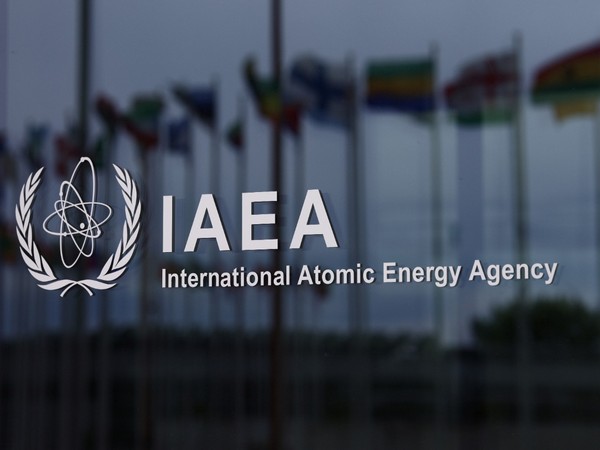IAEA holds training course on radioactive sources for Caribbean customs officials

At the first IAEA training course on customs operations in the Caribbean region on sealed radioactive sources, participants from Caribbean Community (CARICOM) countries learned how to manage and secure radioactive sources effectively during customs operations.
Hosted by the Jamaica Customs Agency in Kingston, Jamaica, from 24-28 April 2023, the course enhanced the capacity of regional customs officials from ten countries: Antigua and Barbuda, Barbados, Belize, Dominica, Grenada, Guyana, Jamaica, Saint Kitts and Nevis, Saint Lucia and Saint Vincent and the Grenadines. The Hazardous Substances Regulatory Authority (HSRA) and International Centre for Environmental and Nuclear Sciences (ICENS) of Jamaica provided expertise and equipment.
Sealed radioactive sources, such as those used in cancer treatment or in industrial applications, are transported on a daily basis. By properly identifying and tracking these sources, port authorities can ensure public safety and prevent the unauthorized transportation or use of radioactive substances. The IAEA training course provided guidance on radiation detection techniques and response procedures for front line customs officials in the Caribbean region.
“As front-line workers, we have a special responsibility to keep our countries – and the wider Caribbean region – safe from potential threats,” said Denisha Wildman, Senior Customs Officer at the Jamaica Customs Agency. “This regional training course has given me the knowledge and tools to ensure the safe and secure detection of radioactive material crossing our borders and has helped to foster collaboration with my colleagues in other agencies in Jamaica and across the region.”
The week-long training course covered a wide array of topics related to customs operations with radioactive sources. The course participants took part in expert-led practical exercises, which introduced them to best practices in monitoring radioactive sources at port facilities using specialised detection equipment.
“While the course focused on customs operations, these operations must be performed within the requirements of the national safety and security framework and in cooperation with the national regulatory body. To ensure proper national and regional coordination and cooperation all participants' interim regulatory bodies have already received basic radiation detection equipment through the IAEA technical cooperation programme,” said Margaret Cervera, IAEA Radiation Safety Regulatory Infrastructure Specialist.
Participants learned through interactive discussions and group exercises how to identify, detect and respond to radioactive sources at port facilities. They gained insight into the importance of collaboration between customs officials, regulatory bodies and law enforcement agencies in combating illicit trafficking and preventing unauthorized access to radioactive sources. The wide range of expertise and experiences shared by the diverse group of participants was a valuable contribution to supporting knowledge sharing and networking throughout the region.
“The IAEA assists countries in building capacity in the safe and secure management of radioactive sources, including transportation. Through this training, participants have gained an understanding of the principals of radiation protection, how to cooperate with national regulatory bodies and the role of customs within a national safety and security framework, which is critical in their mission as front-line customs officers,” said Saul Perez Pijuan, Head of the Division for Latin America and the Caribbean, in the IAEA Technical Cooperation Department.
The course was funded by the United States of America, with expert participation from Finland, Mexico and the United States.










